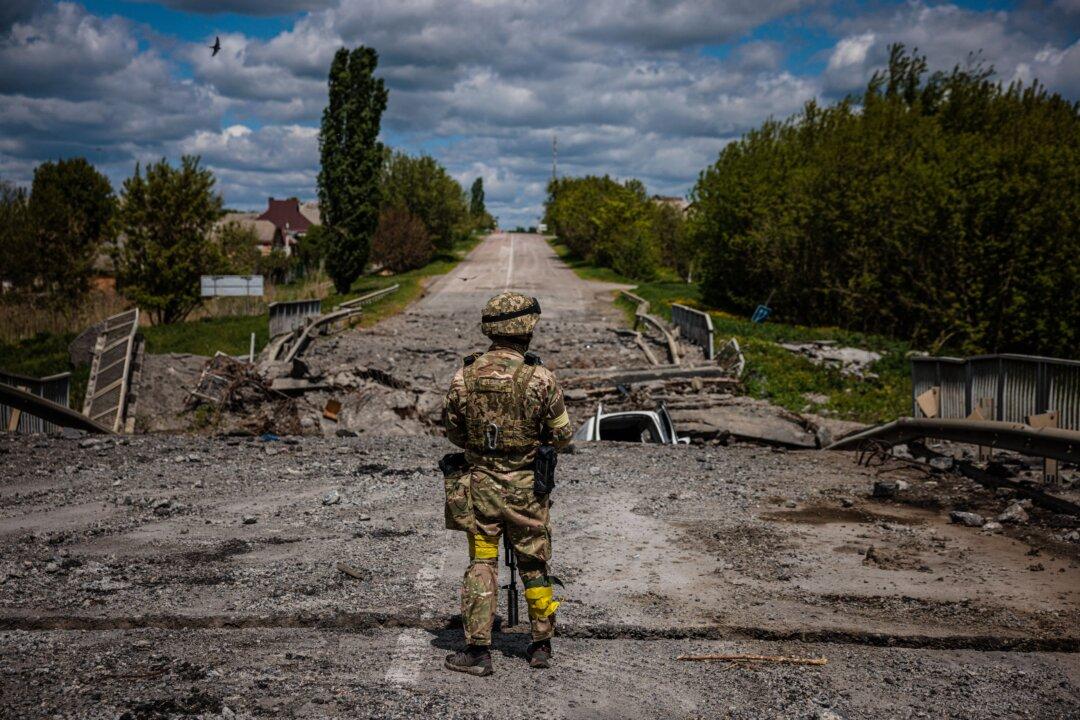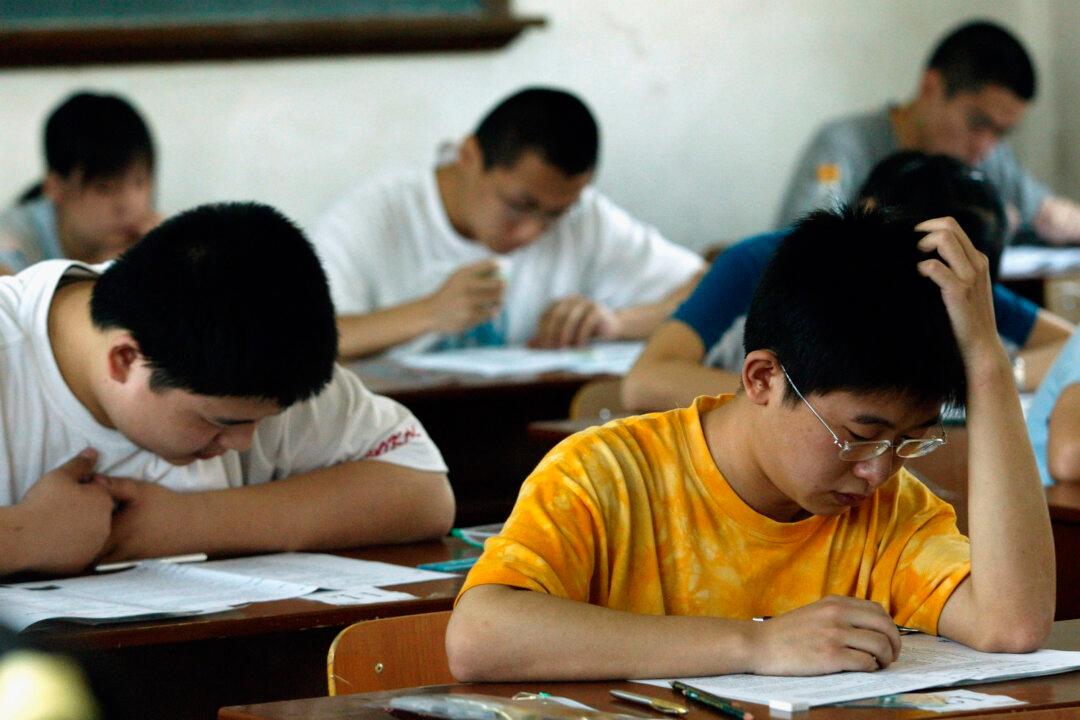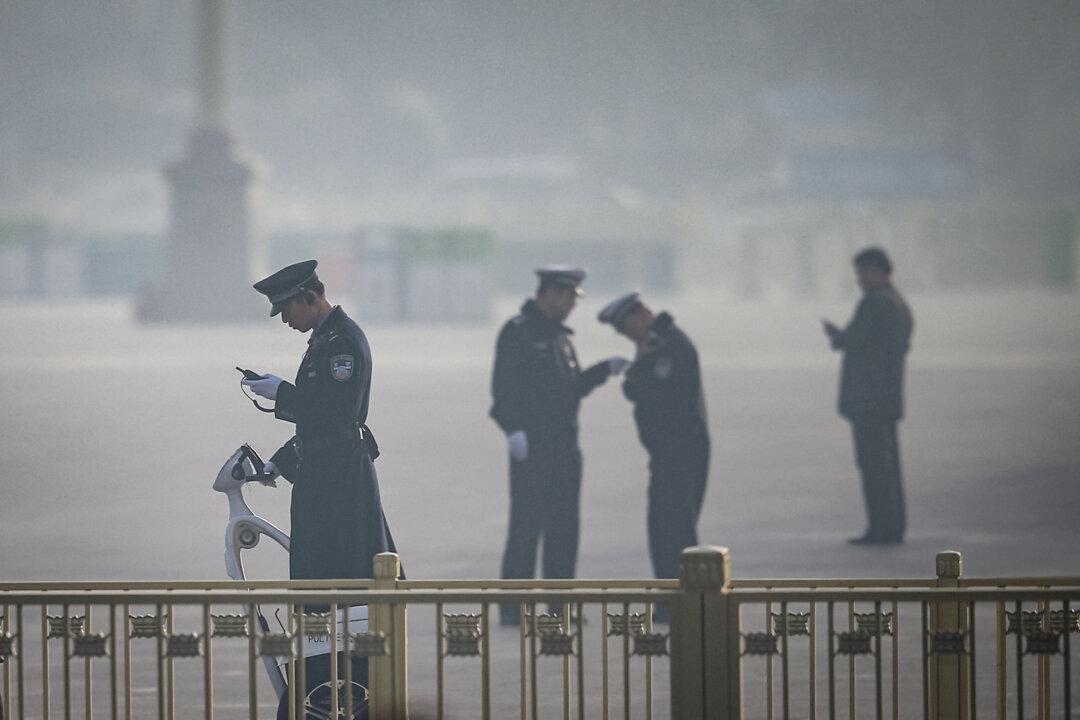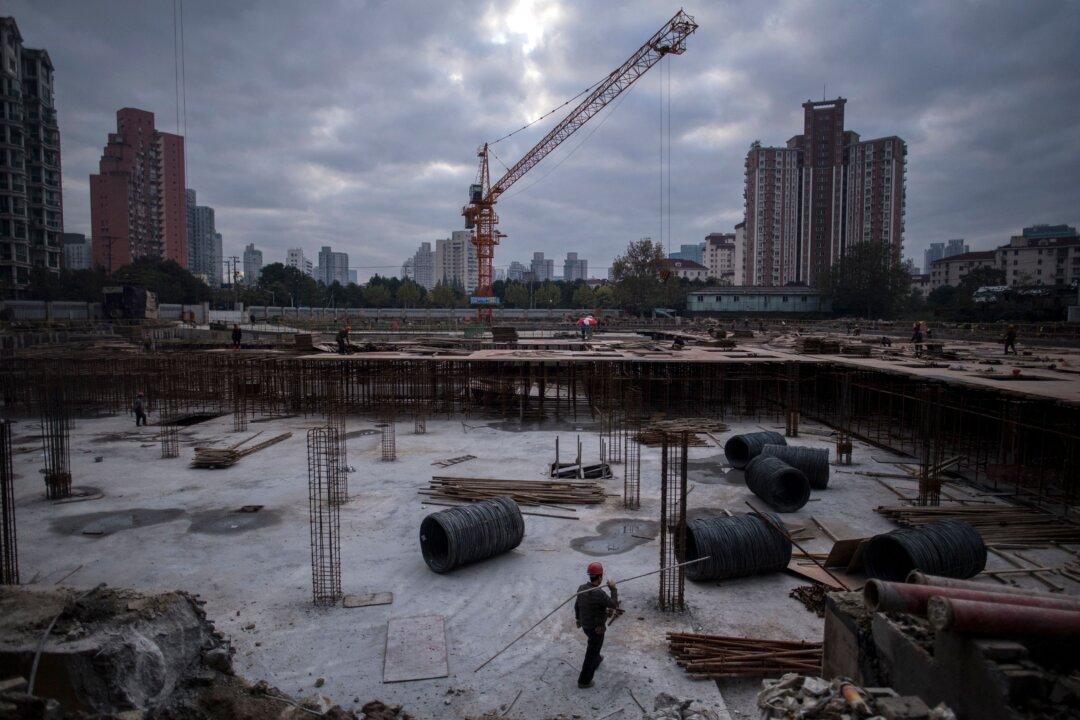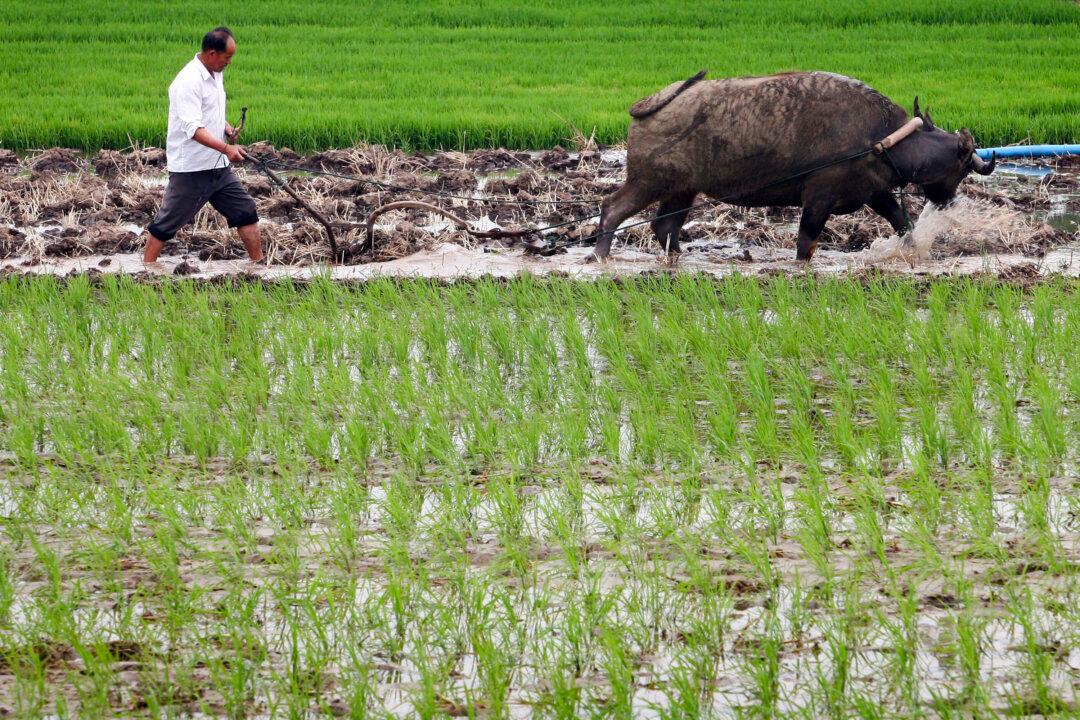Commentary
On April 20, the U.S. House of Representatives passed a foreign military aid bill totaling $95 billion, with $60.9 billion specifically earmarked for Ukraine. U.S. military aid to Ukraine had stalled since December last year, during which time Russia seized the military initiative. This shift is closely tied to Ukraine’s struggle with weapon and ammunition shortages. With the influx of new American weapons and ammunition, will the dynamics of the Russia-Ukraine war fundamentally change? What is the magnitude of Russia’s threat to Europe? Why does the U.S. prioritize the Asia-Pacific region over Europe?
